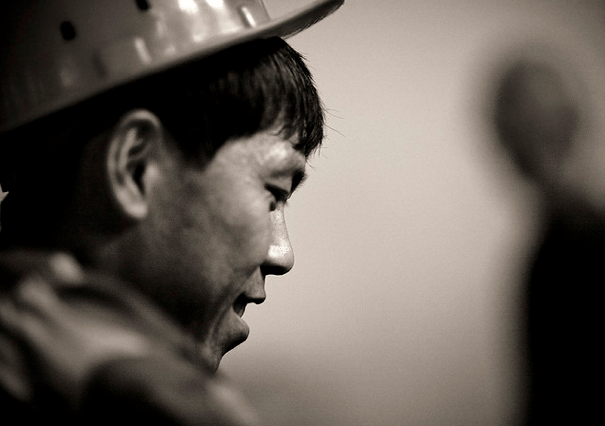Today is June 21, 2019. Six months remain until the clause of the UNSC resolution 2397 calling for the deportation of all DPRK nationals working abroad kicks in.
While talking to colleagues and friends, I’ve noticed that there are two major groups of people who support the measure. The first one is politicians, who believe that they can make Pyongyang denuclearize.
Today is June 21, 2019. Six months remain until the clause of the UNSC resolution 2397 calling for the deportation of all DPRK nationals working abroad kicks in.
While talking to colleagues and friends, I’ve noticed that there are two major groups of people who support the measure. The first one is politicians, who believe that they can make Pyongyang denuclearize.
Become a member for less
than $5.75 per week.
Unlimited access to all of NK News: reporting, investigations, analysis
The NK News Daily Update, an email newsletter to keep you in the loop
Searchable archive of all content, photo galleries, special columns
Contact NK News reporters with tips or requests for reporting
Get unlimited access to all NK News content, including original reporting, investigations, and analyses by our team of DPRK experts.
Subscribe now
All major cards accepted. No commitments – you can cancel any time.












